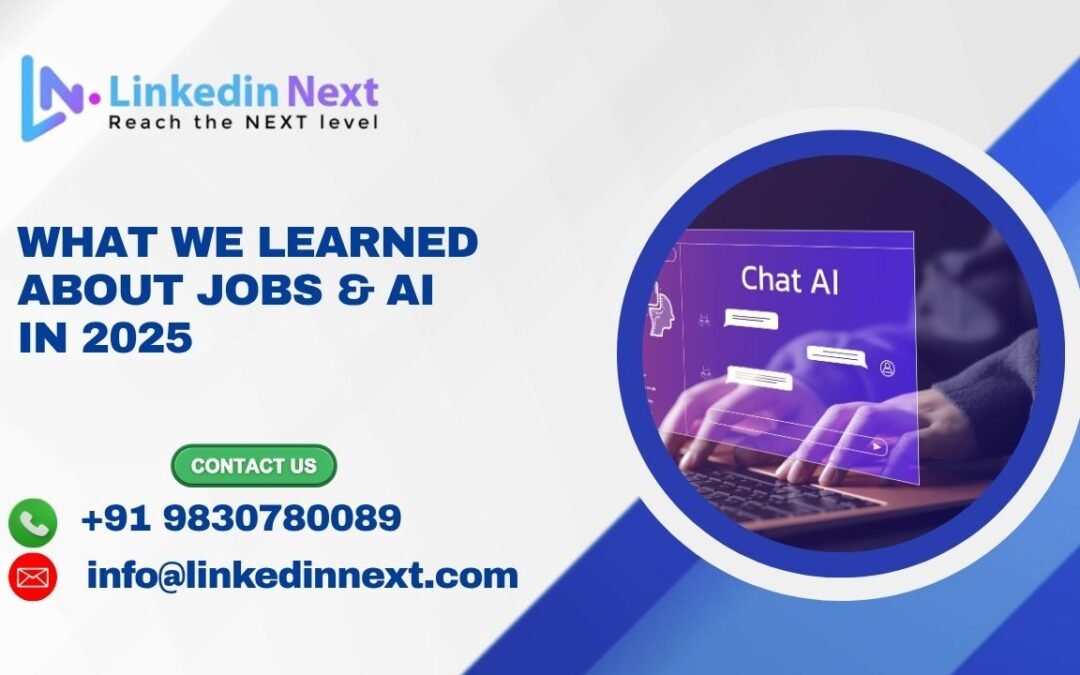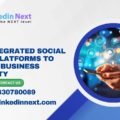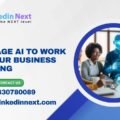What We Learned About Jobs & AI in 2025
What We Learned About Jobs & AI in 2025. The year 2025 has become a turning point in the relationship between jobs and Artificial Intelligence (AI). Businesses, employees, and policymakers have had a front-row view of how AI reshapes employment, skill requirements, and career trajectories. From automation to human-AI collaboration, 2025 has revealed key lessons about the evolving nature of work and what it takes to remain competitive in a digital-first world.
This article explores the most important insights about jobs and AI in 2025, including trends, challenges, and opportunities that are shaping the workforce today and tomorrow.
1. AI Is Reshaping Jobs, Not Eliminating Them
A common fear has been that AI would replace human jobs entirely. By 2025, the reality has proven more nuanced: AI has redefined roles rather than eliminated them.
-
Routine, repetitive tasks — like data entry, basic accounting, and certain administrative duties — are increasingly automated.
-
Simultaneously, demand for AI-literate professionals, data analysts, and hybrid-skilled workers has surged.
-
Jobs that involve creativity, empathy, strategic thinking, and complex problem-solving remain uniquely human and are now more valuable than ever.
The lesson is clear: AI augments human capabilities, allowing workers to focus on higher-order tasks, decision-making, and innovation.
2. Lifelong Learning Is No Longer Optional
The rise of AI has highlighted that static skill sets are insufficient. To thrive in 2025, workers must continuously update their knowledge and capabilities.
-
AI-driven platforms have made personalized learning accessible, allowing individuals to acquire skills on-demand.
-
Workers are increasingly pursuing micro-credentials, online certifications, and AI-powered learning pathways to stay relevant.
-
Those who resist lifelong learning face career stagnation or risk being sidelined by automation.
2025 confirmed a universal truth: adaptability and learning agility are the ultimate career insurance policies.
3. AI Bias and Ethical Challenges Require Human Oversight
One of the most critical lessons from 2025 is that AI is not inherently neutral. Recruitment, performance evaluation, and decision-making algorithms can reflect human biases embedded in historical data.
-
Companies discovered that AI-driven hiring tools sometimes disadvantaged candidates based on gender, ethnicity, or educational background.
-
Ethical AI frameworks, human oversight, and transparency in algorithmic decision-making became mandatory practices in leading organizations.
-
The workforce learned that AI should assist, not replace, human judgment, particularly in roles involving evaluation, ethics, and critical decisions.
This highlights the importance of human accountability and ethical governance in AI adoption.
4. Hybrid Roles Are the Norm
2025 has firmly established the rise of hybrid jobs, combining technical proficiency with human-centric skills. Examples include:
-
Data-driven marketers who combine analytics with storytelling.
-
AI-enhanced healthcare professionals who integrate diagnostic technology with patient care.
-
Sustainability analysts who leverage AI to optimize energy efficiency while managing environmental policy.
Hybrid roles illustrate a crucial lesson: workers who blend technical knowledge with creativity, empathy, and problem-solving have a competitive advantage in an AI-driven world.
5. Remote and AI-Enabled Work Is Mainstream
The widespread integration of AI into remote work has redefined productivity and collaboration.
-
AI tools streamline workflows, automate reporting, and provide real-time insights.
-
Virtual assistants, AI scheduling, and predictive project management software have become essential for remote teams.
-
Organizations that adopt AI-powered tools effectively can scale operations without proportional increases in workforce size.
The 2025 workforce learned that remote work and AI are not temporary trends but long-term enablers of efficiency and flexibility.
6. Upskilling Is Industry-Specific and Personalized
AI has made it possible to tailor skill development to industry needs.
-
In finance, AI literacy, blockchain knowledge, and risk modeling are critical.
-
In healthcare, understanding AI-driven diagnostics, patient data analytics, and telemedicine platforms is essential.
-
In manufacturing, knowledge of robotics, predictive maintenance, and digital twins is in high demand.
The takeaway: one-size-fits-all skill development is obsolete. Personalized learning paths guided by AI are now the standard.
7. Emotional Intelligence Remains a Human Advantage
Despite AI’s impressive capabilities, 2025 demonstrated that empathy, social intelligence, and human intuition remain irreplaceable.
-
AI can provide insights, recommendations, and predictive analytics, but it cannot understand human motivations, ethical dilemmas, or cultural contexts in the way humans do.
-
Roles that require negotiation, counseling, mentoring, or leadership continue to rely on human emotional intelligence.
This reinforces a fundamental lesson: the human edge in AI-driven workplaces is empathy, ethics, and creativity.
8. AI Creates Opportunities for Entrepreneurship and Innovation
AI in 2025 is not just changing jobs — it is creating entirely new industries and opportunities.
-
Startups leveraging AI in healthcare, education, sustainability, and entertainment have multiplied.
-
Freelancers and gig economy workers now use AI to enhance productivity, automate tasks, and deliver high-value services.
-
Individuals who embrace AI creatively can launch businesses or consultancies with lower barriers to entry than traditional models.
AI is enabling a new era of innovation-driven employment, where adaptability and entrepreneurial thinking are rewarded.
Key Takeaways from Jobs & AI in 2025
-
AI reshapes jobs rather than eliminates them — humans remain essential in strategic, creative, and empathetic roles.
-
Continuous learning is critical — lifelong learners outperform those with static skills.
-
Ethics and bias in AI require human oversight — accountability is non-negotiable.
-
Hybrid roles dominate — blending technical and soft skills is key to career success.
-
Remote and AI-enabled work is the new normal — efficiency is AI-assisted.
-
Personalized upskilling matters — industry-specific skills are in demand.
-
Emotional intelligence remains invaluable — human insight cannot be automated.
-
AI fosters entrepreneurship and innovation — new opportunities abound for those willing to adapt.
Preparing for the Future Beyond 2025
The lessons of 2025 provide a blueprint for navigating AI-driven career landscapes. Success will come to those who:
-
Embrace AI as a collaborator, not a competitor.
-
Invest in continuous, personalized learning.
-
Cultivate empathy, creativity, and ethical decision-making.
-
Remain adaptable to emerging industries, hybrid roles, and technological shifts.
By applying these principles, workers can thrive in the AI era, turning disruption into opportunity.
In conclusion, 2025 has shown that AI is transforming jobs in profound ways. The future belongs to lifelong learners, hybrid professionals, and ethically-minded innovators. The key to career resilience is not avoiding AI, but mastering the ability to work with it intelligently and responsibly.
Thank you for read our blog “What We Learned About Jobs & AI in 2025”.
Also read our more BLOG here.
I hope this blog is helpful to you, if you have any question feel free contact us at
Call/WhatsApp: +91.9830780089 || Email: info@linkedinnext.com







Recent Comments